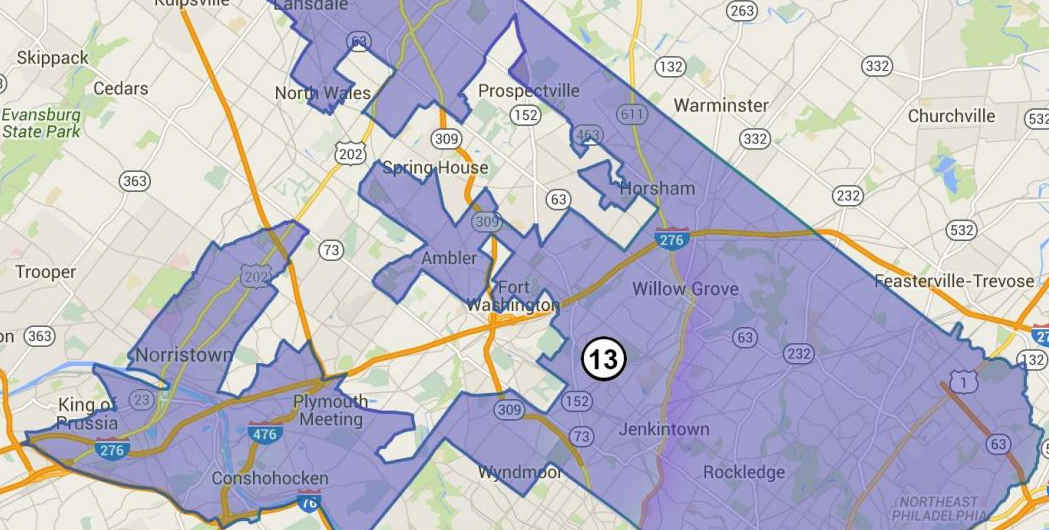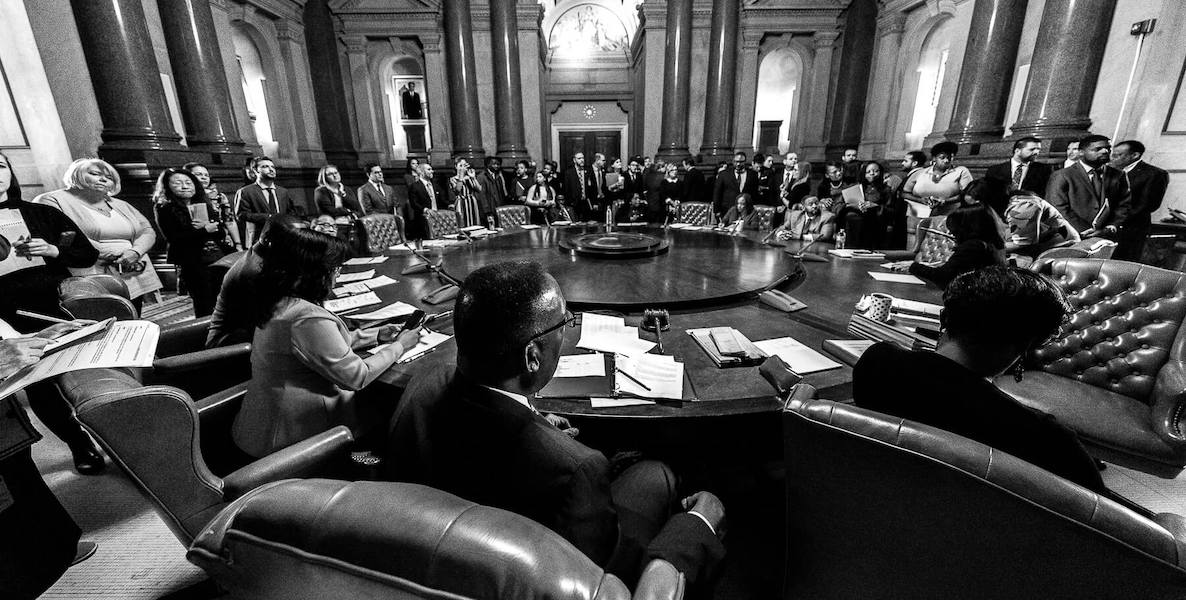When a reader thinks of an Inspector General they might, like me, picture a person of military persuasion walking up and down the front lines…inspecting things. A very old and proud tradition this would be, dating back to the Revolutionary War when Inspectors General weaved between militia lines, threw up their hands in frustration, and said, “Well, you boys tried at least. Now off to war with you.”
In reality, the civilian office dates back to the not-quite-Colonial times of 1976. In that olden year the first commercial supercomputer was flipped on, Steve Jobs formed Apple, and the 94th Congress created the Office of the Inspector General to combat “fraud and abuse in Medicare [and] Medicaid…”
The city of Philadelphia had established an Office of Performance Assessment a few months earlier, but in February of 1985, Mayor W. Wilson Goode renamed it the Office of the Inspector General because, I assume, “performance assessment” sounds like something every employee already hates. The main function of the Inspector General is to “root out corruption, fraud, misconduct, waste, and mismanagement” in order to “boost public confidence in city government.” A shot of confidence is great (and in light of past corruption scandals severely needed), but the office also specializes in making an example of ne’er-do-wells and recovering or saving the city boatloads of money—over $70 million during the past eight years.
Your City DefinedRead More
- Calvin Duncan, a former employee of the Philadelphia Water Department ordered $1.3 million worth of printer ink and toner cartridges between 2006 and 2012. Then he brazenly used the Water Department’s own UPS account to ship the ink supplies to a laser cartridge company in Arkansas, pocketing more than half a million dollars in the process. Amy Kurland, our current Inspector General, testified at Duncan’s sentencing, and made the cogent point, “When people are able to steal that amount of money from the city, it makes citizens lose confidence in government.” It really does. It makes them ask questions like what did the city think Duncan was doing with all those ink cartridges? Because if it’s not printing off the Harry Potter series for every person at the Water Department, something is probably up.
- Shamira Hawkins-Worthey, a former employee of the Department of Human Services, stole an astonishing number of SEPTA tokens over a nine-month period in 2013. She pilfered more than 11,000 tokens, which were supposed to be “provided to children, parents and family members who must commute to court hearings…and other official events consistent with the Department’s child welfare missions.” Hawkins-Worthey forged the signatures of supervisors and made requests to provide tokens for cases, many of which were inactive, closed or “did not exist.” She was charged with a staggering 1,576 counts of “Theft, Forgery, and Tampering with Public Records,” representing an initial loss to the city of more than $24,000.
- Then there’s the disturbing (and ironic) case of Nathaniel Robinson who, between 2006 and 2010, allegedly stole $154,000 dollars in federal funds while being employed at a non-profit organization that helps the homeless (SELF, Inc.). Among other things, Robinson made purchases at Best Buy, IKEA, Sears, Walmart, and made “lodging charges, including charges at hotels on weekends.” Just let that one sink in for a moment. Robinson stole money from the homeless…to pay for lodgings and furnishings…for his home.
Whew. If cases like these don’t underscore the need for a city-wide Inspector General’s office, I can’t imagine what does.
File a complaint with OIGDo Something
Since 2008, over 700 complaints have been filed to the Inspector General’s office by city employees. Importantly, almost the same number (more than 600) have come from ordinary Philadelphia citizens. According to the 2015 annual report, “Without the hundreds of anonymous tips that come in from brave, committed citizens each year, the OIG’s work would not be as effective.” A whistleblower act that was passed in 2010 protects the identity of anyone who reports to the OIG; so as far as fraud is concerned, “Report ‘em if you got ‘em.” I may be remembering that phrase wrong. Eh, it still applies.
Header photo: Flickr/Jack Donaghy





